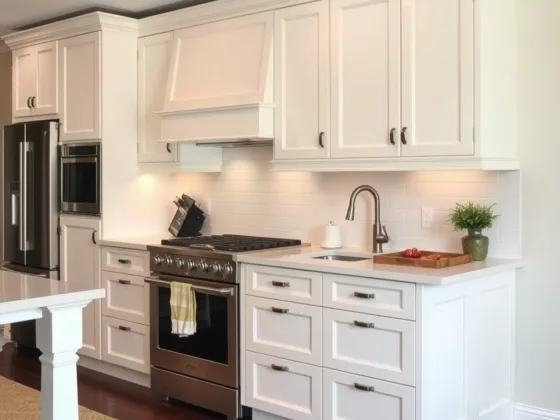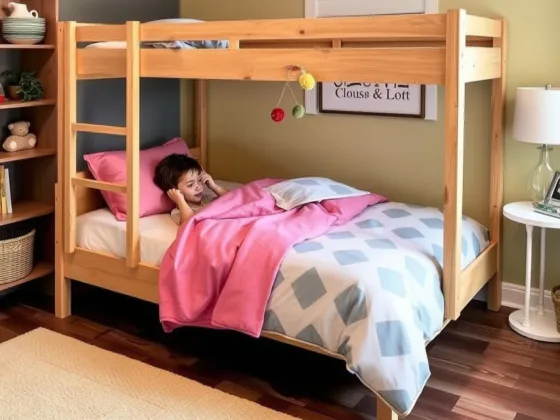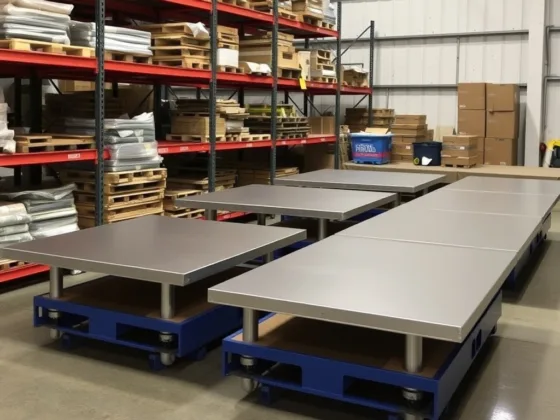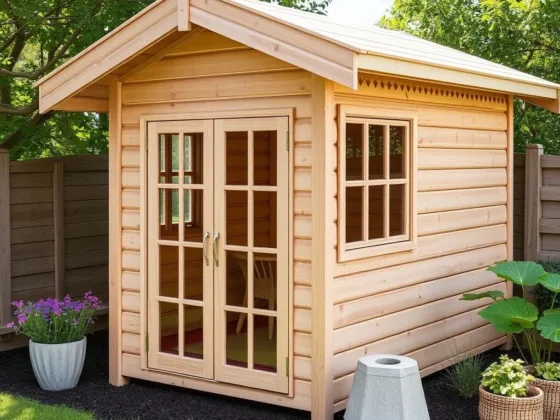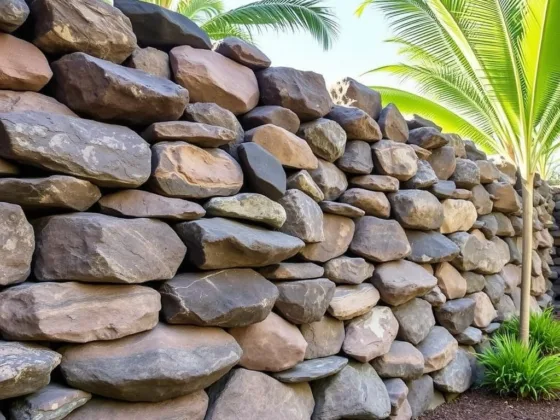Table of Contents Show
Your heating system is an essential part of keeping you warm this winter, so keep it ready for the season ahead.
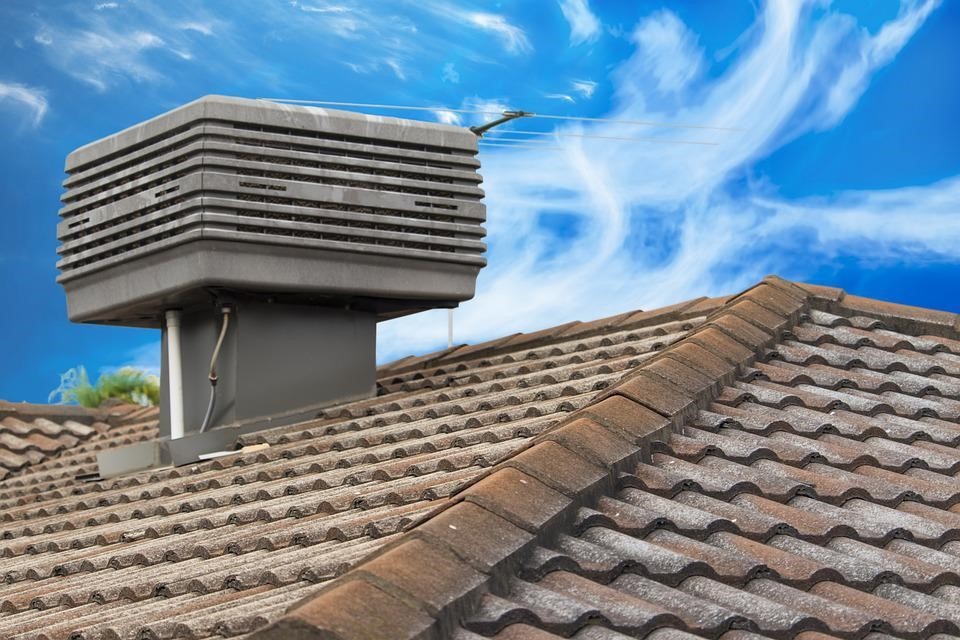
With a little prep work, you can make sure these important pieces in your home stay in top shape for months on end and even longer if you use them properly. Luckily, it’s not all that difficult to do so if you have the following basic tips at your disposal.
Check the Air Filters
Air filters are important for keeping your heating system running efficiently. You need to replace them regularly usually once every three months so that they can capture all the dust and pollen that might otherwise enter your home through the open window or door. Ensuring the filters are in their best shape will also improve your health, especially if you have allergies or asthma.
Service the Furnace
Like all appliances, furnaces register reduced efficiency due to wear and tear. For that reason, older furnaces may need more frequent cleaning than newer models. If you don’t know how to service your heating system properly, it’s time to learn.
You may think that you’re up for the task and can do it yourself, but there may be issues only a professional technician could identify and resolve. Regardless of the age and type of your heating system, an expert in furnace tune up from Mister Quik Home Services, for example, will help it last through the winter.
Read Also:
Clean the Vents
When you’re ready to clean your vents, start by removing any leaves or debris from the outside of the vent covers. You can use a dryer sheet or a cloth dampened in warm water to gently wipe them down.
Next, you’ll want to clean each register using a vacuum cleaner with an attachment that has a brush on it; this will remove all the grime from the inside and outside of your registers so that when winter comes, they’ll be ready for action! It doesn’t matter if you have an upright or canister-type vacuum—they both work well at cleaning out these spaces.
Clean Or Replace the Blower
The blower is the part of your furnace that moves air through the ducts to your home. When faulty, it can be a source of noise and high energy bills. When replacing or cleaning out your blower, be sure to:
- Make sure it’s turned off and unplugged.
- Vacuum any debris from around it (and inside).
If you notice poor or no airflow from the blower even after a thorough vacuuming, you’ll need a replacement. But talk to a licensed technician before making such a move; the culprit may be another part other than the blower.
Check the Pilot Light
The pilot light is the part of your heating system that lights up when you turn on your heat, and you can usually find it next to the thermostat.
Switching on the heating system releases gas into the main heating chamber, and the pilot ignites the gas to heat your home. If it goes out, is partially clogged, or there’s a gas leak, you’ll need to call a professional who can fix it for you.
Inspect the Flue Pipe
This is a great way to check for damage and leaks, as well as discoloration or rust.
- Check for Obstructions: Look at the outside of your chimney and make sure there are no obstructions that could block airflow through your system (such as rocks).
- Check For Leaks: Run water into one end of each pipe leading up into your fireplace; if any leaks show up, replace them immediately—a leaky flue will cause hundreds of dollars worth of damage over time!
- Inspect Corrosion: When inspecting corrosion on steel pipes, use some sandpaper wrapped around an old paintbrush handle to remove any surface rust before proceeding further down into their interior walls.
Conclusion
Now that you know the basics of how to prepare your heating system for the winter, it’s time to get down to business and do some maintenance.
Complete the above steps and your heating system will be ready to provide an efficient and safe heating solution for the cold days ahead.
Remember, it’s important to avoid damage and downtime by addressing issues as soon as possible. If you notice faulty parts during your routine maintenance of the system, get replacements or repairs before winter.
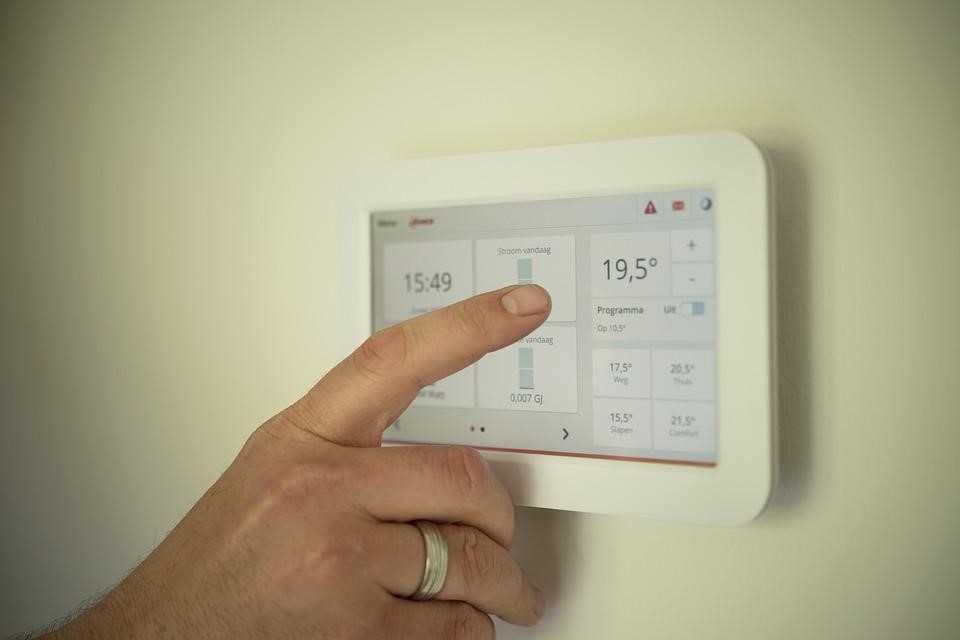
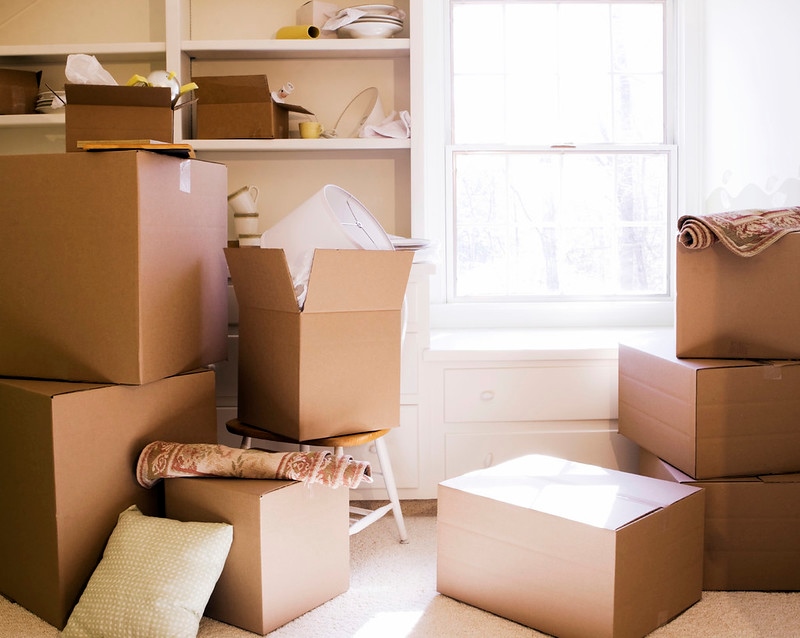
![How to Choose the Right Bathtub for Your Bathroom [Infographic]](https://www.dreamlandsdesign.com/wp-content/uploads/2022/09/buthup.jpg)

